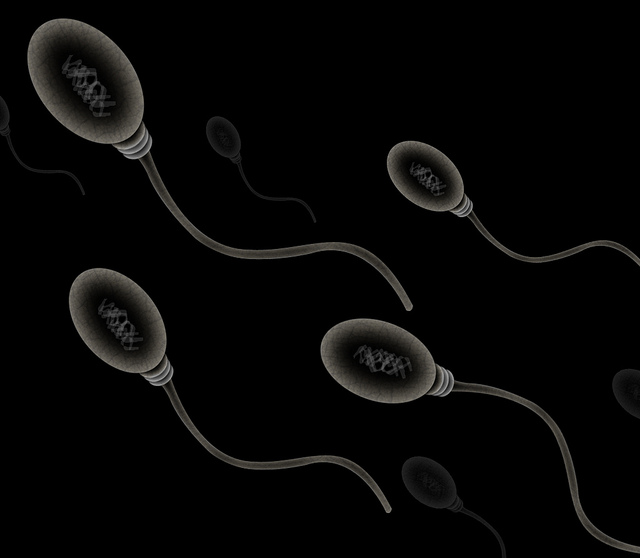Regulating the donor-conception industry in the US
By Wendy Kramer,
BioNews
| 02. 27. 2017
Since 2000, the Donor Sibling Registry (DSR) has connected more than 14,000 donor-conceived individuals with their donors and half-siblings. We've helped them to create and explore these new familial relationships and to better understand their ancestry and learn about their medical backgrounds. The DSR has also helped to eliminate much of the stigma associated with being a gamete donor or donor-conceived person. Behind the scenes, the DSR's research, education, and counseling service have provided the momentum for the establishment of positive reforms in the egg-donation and sperm-banking industries around the world.
We ask: 'What is in the best interests of the child to be born?' Our many research surveys, which reach thousands of donors, parents and donor offspring, have helped to answer this fundamental question. We are interested in the views of all those involved, particularly regarding medical issues, donor anonymity, and connecting with donor relatives. For almost 10 years, the DSR has partnered with researchers and universities around the world, including Cambridge in the UK, to publish more than two dozen peer-reviewed research papers on parents, donors...
Related Articles
By Emma McDonald Kennedy
| 11.24.2024
Gig work in childcare, nursing, and transportation; non-invasive prenatal testing; gene editing; and space expeditions can all be attributed to one mistaken, pervasive assumption: that “we can innovate our way out of the thorniest problems, including reproductive ones” (22). In Reproductive Labor and Innovation: Against the Tech Fix in an Era of Hype, feminist political theorist Jennifer Denbow demonstrates why the U.S. has put so much of its hopes, and its money, on technological “innovations”––and why that hasn’t addressed...
By Tamsin Metelerkamp, Daily Maverick | 11.18.2024
The National Health Research Ethics Council (NHREC) has confirmed that heritable human genome editing (HHGE) remains illegal in South Africa, after changes in the latest version of the South African Ethics in Health Research Guidelines sparked concern among researchers that...
By Bernice Lottering, Gene Online | 11.08.2024
South Africa’s updated health-research ethics guidelines, which now include heritable human genome editing, have sparked concern among scientists. The revisions, made in May but only recently gaining attention, outline protocols for modifying genetic material in sperm, eggs, or embryos—changes that...
By Arwa Mahdawi, The Guardian | 11.19.2024
Photo "Elon Musk Presenting Tesla's Fully Autonomous Future" by Steve Jurvetson on Flickr (CC BY-NC-SA 2.0)
Is Elon Musk the dinner party guest from hell? It sure seems that way. Not only is the man desperate for people to...




